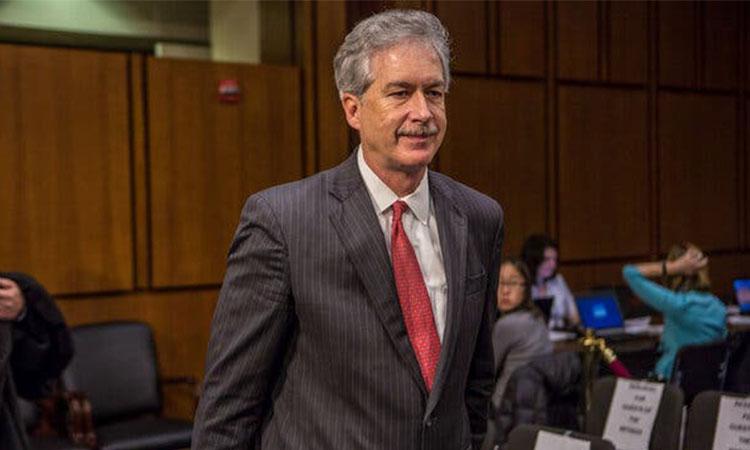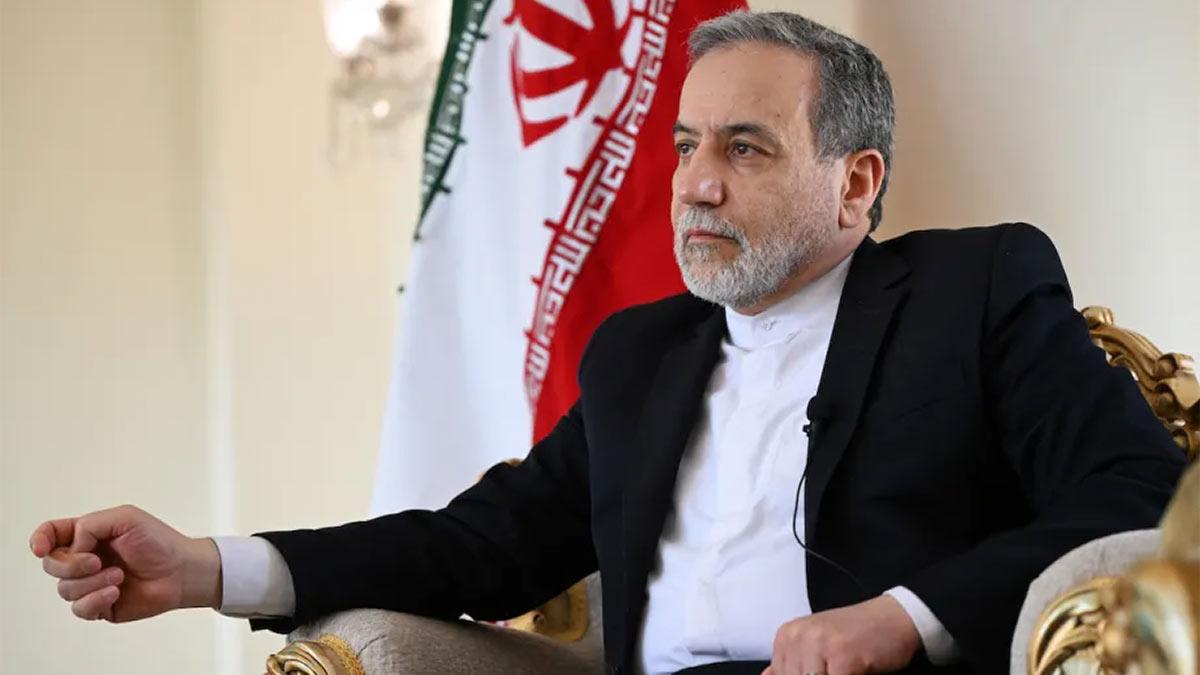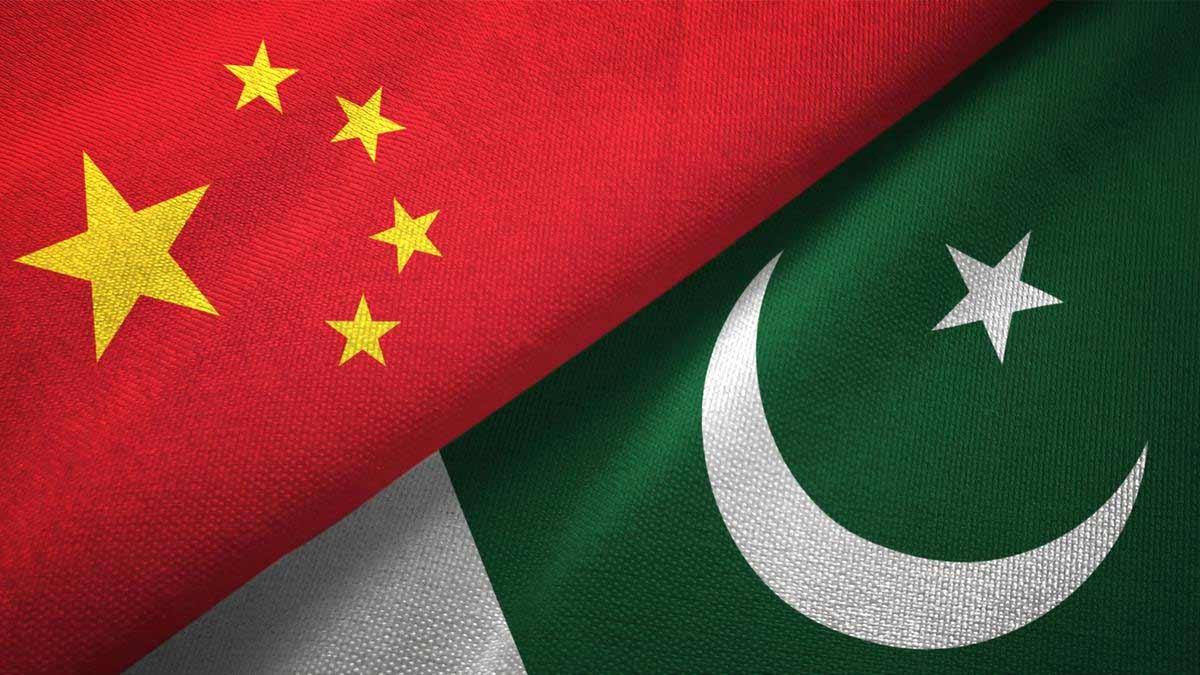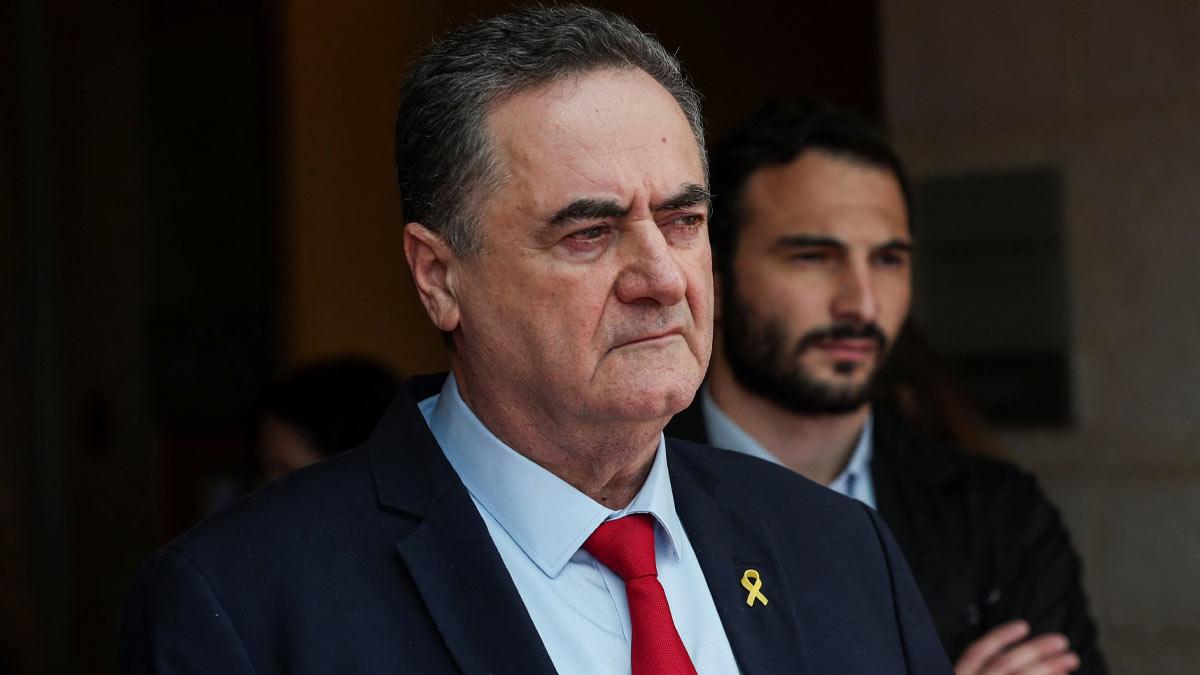The Central Intelligence Association (CIA) director William Burns on Thursday acknowledged that the United States of America is no longer the lone standing geopolitical superpower of the world after China's emergence as the competitor.
In an interview with NPR, Burns said that the US intelligence service may now have to forward-deploy its "China specialists" to compete effectively with Beijing.
The interview covered a range of widespread talks and when he was asked about China as a threat to the US, he said that Beijing is the biggest geopolitical challenge to Washington in the 21st century. The biggest area of competition between both countries is the technology sector, according to Burns.
"...I am exploring right now, to forward-deploy China specialists - whether it is operations officers, analysts, technologists as well - to make us more effective in that competition, in that rivalry in the field as well," William Burns said.
When asked about the withdrawal of US Troops from Afghanistan soil, Burns said that the US still retains "significant capabilities" in and around Afghanistan to gather information on terror groups.
Responding to a question on Russia, Burns claimed that Moscow could be behind the “Havana Syndrome”, an unexplained medical condition in which US diplomats go through fluctuating health conditions.
Also Read | Blacks, Hispanics among hardest hit by Covid-19: Study
The first case of the “Havana Syndrome” was faced by State Department personnel stationed in Cuba beginning in late 2016, The Wall Street Journal reported.
Since then, diplomats and other officials stationed around the world have experienced similar symptoms. Notably, similar accusations against Russia had emerged from American media outlets in the past, with Moscow repeatedly denying them.


















